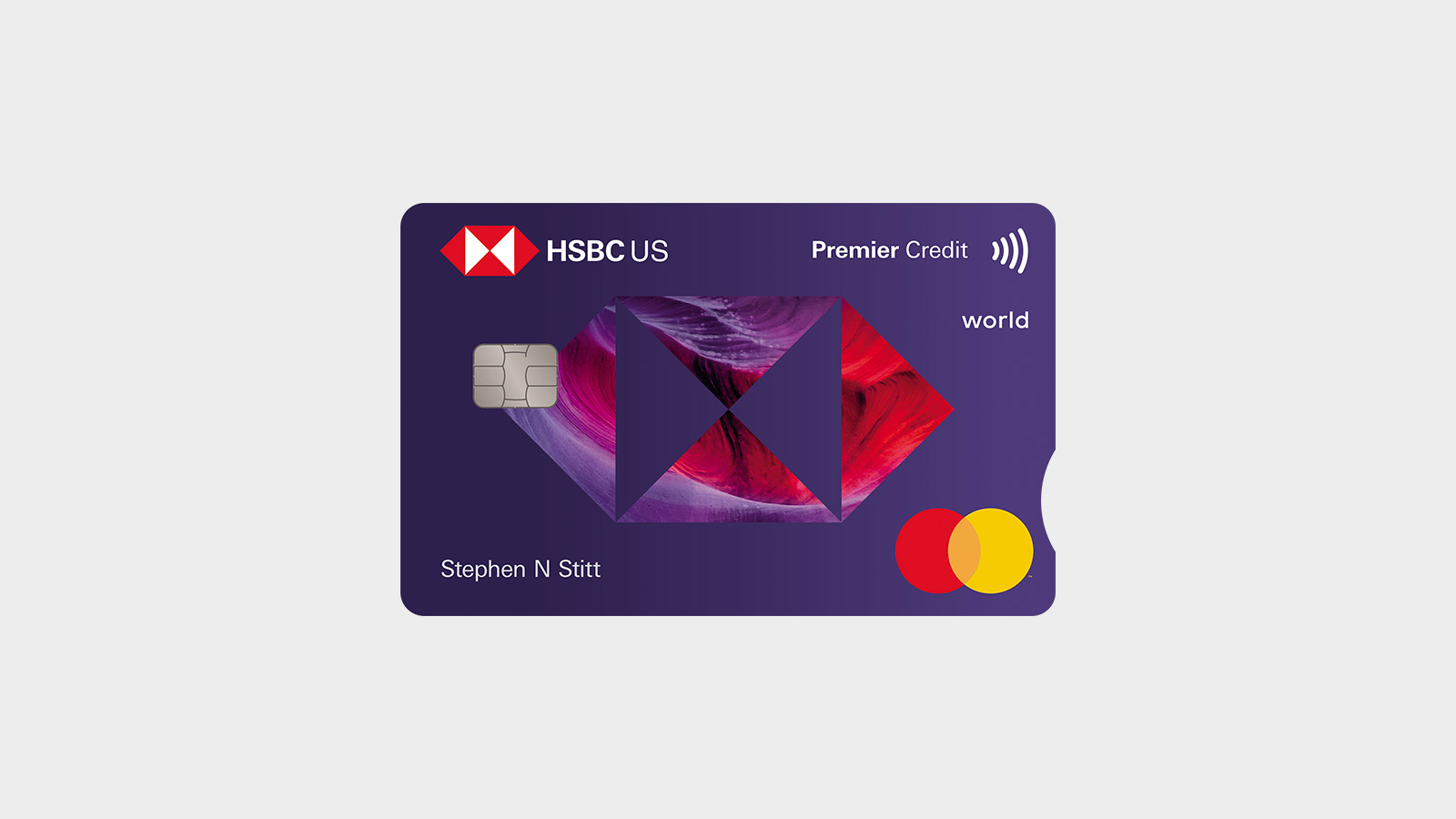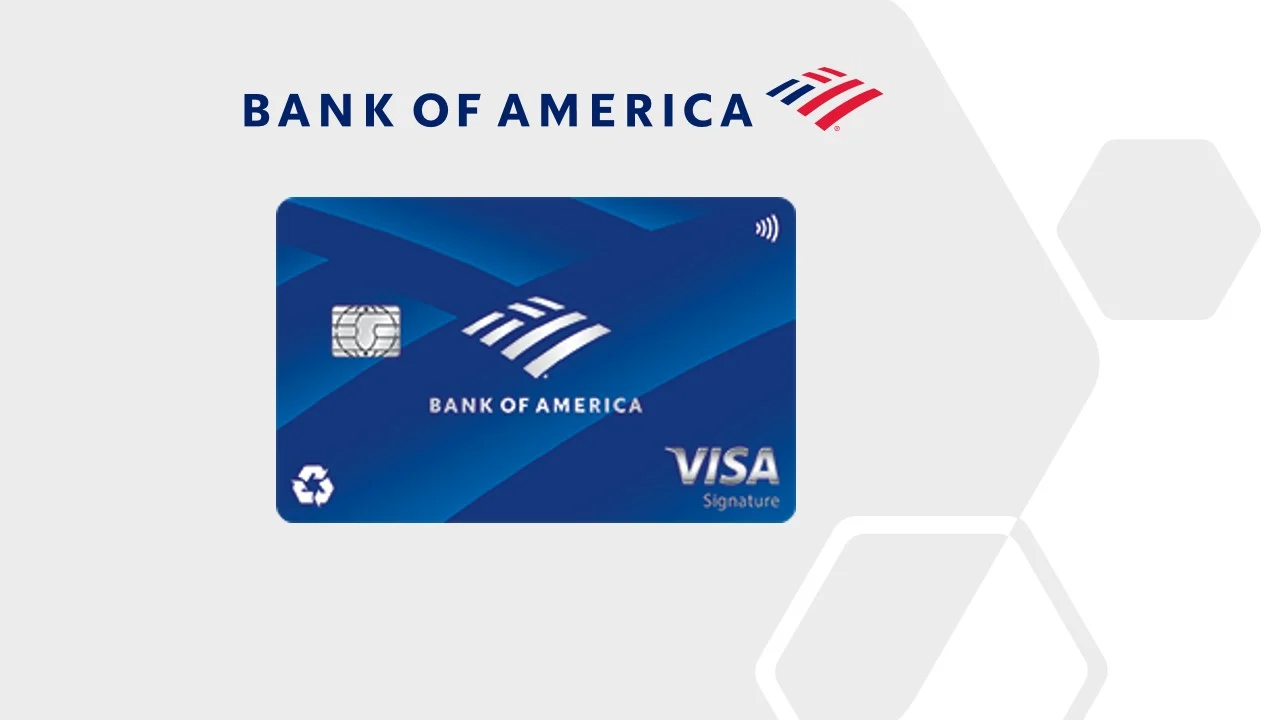Strategies to Manage Credit Card Debt and Avoid High Interest

Understanding the Importance of Managing Credit Card Debt
Credit card debt can feel like a heavy anchor, pulling you down and preventing you from enjoying life’s opportunities. It’s a situation many people find themselves in, where every swipe of the card leads to another layer of anxiety. However, it doesn’t have to be this way. With the right strategies, you can regain control of your finances and pave a path towards a brighter, debt-free future. Imagine being able to go on a vacation, save for a home, or contribute to your retirement without the burden of debt weighing on your mind. This is not just a dream, but a possibility within your reach.
Taking action to manage your credit card debt is not only possible, but it’s also incredibly empowering. Here are some motivating strategies to consider:
- Create a budget: Tracking your income and expenses is the first step to understanding where your money goes each month. Utilize budgeting apps or traditional spreadsheets to categorize your spending. This will help you identify unnecessary expenses—for instance, eating out or subscription services—that can be reduced or eliminated.
- Prioritize high-interest debt: Focus on paying off credit cards with the highest interest rates first, often referred to as the avalanche method. For example, if you have one card at 20% APR and another at 14%, putting extra funds toward the higher rate while continuing to make minimum payments on the others can save you significant money in interest over time.
- Consider a balance transfer: If you have good credit, look for credit cards offering promotional rates for balance transfers. Many credit cards in the U.S. offer 0% APR for a certain period, allowing you to pay down your debt without accruing additional interest. Be sure to check for balance transfer fees, which can impact the savings.
- Automate payments: Setting up automatic payments ensures that you’re never late on a bill, which can result in costly late fees and increase your interest rate. This small step can create consistency in your repayment plan and alleviate stress, allowing you to focus on other financial goals.
Each step you take towards managing your credit effectively will lead you to financial freedom. By implementing these strategies, you not only reduce your debt but also build a sustainable financial future. Start this journey today because a more secure tomorrow is within your reach. Remember, tackling credit card debt requires patience and perseverance, but with a well-structured plan, you can transform the anxiety of debt into the joy of financial independence. Embrace this challenge and take that first step toward reclaiming your financial health.
DISCOVER MORE: Click here to dive deeper
Effective Techniques for Tackling Credit Card Debt
Understanding that you have the power to manage your credit card debt is the first step towards financial freedom. It’s crucial to adopt effective techniques that not only help you pay off what you owe but also prevent falling into high-interest traps that can further exacerbate your situation. Here are some powerful strategies to consider:
- Set Clear Financial Goals: Before embarking on your journey to eliminate debt, define your financial goals. Be specific—whether it’s to pay off a certain percentage of your debt in the next year or to build an emergency fund after clearing your balances. Having clear objectives will keep you motivated and accountable.
- Emergency Fund Creation: Believe it or not, having an emergency fund can significantly help you avoid accruing new credit card debt. Aim to set aside at least $500 to $1,000 that you can use for unforeseen circumstances instead of relying on your credit card. This small safety net can prevent you from using credit cards for emergencies, thereby reducing the risk of accumulating additional debt.
- Negotiate with Creditors: Don’t shy away from reaching out to your credit card companies. Many are willing to work with you, especially if you explain your situation. You might be able to negotiate a lower interest rate or discuss hardship programs that could ease your repayment process. Establishing communication shows your commitment to resolving your debt.
- Limit New Charges: While paying off existing debt, be intentional about limiting new charges on your credit cards. Consider using cash or debit for daily expenses to mitigate the risk of adding to your debt pile. It’s essential to treat credit cards as a financial tool rather than a source of easy funding.
- Explore Debt Counseling: If you feel overwhelmed, do not hesitate to reach out for help. Nonprofit credit counseling services can provide guidance specific to your financial situation. They can help you develop a tailored plan to consolidate your debt, budget effectively, and achieve your financial goals.
These strategies are not just abstract ideas; they are tangible steps you can take to secure a brighter financial future. By setting clear goals, creating an emergency fund, and actively managing your credit usage, you can gradually lift the burden of debt. The importance of being proactive in your approach cannot be overstated—it can transform a seemingly insurmountable challenge into a manageable task. Embrace these strategies with confidence, and watch as your financial situation begins to improve, paving the way for a debt-free life filled with opportunities.
DISCOVER MORE: Click here for step-by-step guidance
Additional Tools to Combat Credit Card Debt
As you embark on your journey toward financial stability, there are additional tools and approaches that can further aid in managing credit card debt while keeping high-interest rates at bay. By employing a combination of smart financial strategies, you can regain control over your finances and work toward lasting change.
- Utilize the Snowball Method: One popular debt repayment strategy is the snowball method. By focusing on paying off the smallest balance first while making minimum payments on larger debts, you can celebrate small victories, which boosts your motivation. As each debt gets paid off, you can channel those payments toward the next smallest balance, effectively creating a snowball effect that accelerates your progress.
- Consider Balance Transfers Wisely: If you have credit card debt with high-interest rates, a balance transfer to a card with a lower introductory rate can help reduce overall interest costs. However, be cautious: a balance transfer usually comes with fees, and it’s important to ensure you can pay off the transferred amount before the introductory period ends to avoid a spike in interest rates.
- Monitor Your Credit Score: Keeping an eye on your credit score not only helps you understand your financial standing but can also inform your decisions about credit usage. By maintaining a good credit score, you may qualify for lower interest rates and better terms on loans or credit cards, ultimately saving you money in the long run. Regularly check your credit report for errors and take steps to improve your score if necessary.
- Budget with Intention: Effective budgeting is a cornerstone of financial health. Create a detailed budget that accounts for all your expenses, income, and debt payments. Use budgeting apps or software like Mint or YNAB (You Need a Budget) to track your spending and identify areas where you can cut back. Direct any savings toward your debt repayment and watch your balances diminish over time.
- Incorporate Automatic Payments: Set up automatic payments on your credit cards to ensure you never miss a due date. This not only helps avoid late fees but also keeps additional interest from accumulating. You can automate the minimum payment and make extra contributions manually when possible—this approach reinforces your commitment and priorities regarding debt repayment.
- Educate Yourself About Personal Finance: Knowledge is power, and the more informed you are about personal finance, the better decisions you can make. Explore books, podcasts, and online courses about financial literacy. Understanding concepts like interest rates, budgeting techniques, and debt management strategies can empower you to stay disciplined and avoid pitfalls in the future.
Implementing these additional tools and techniques into your overall strategy can significantly enhance your ability to manage credit card debt. With a proactive and educated approach, you can navigate through debt with resilience and determination, turning it from a burden into a stepping stone toward a brighter financial future. Taking charge of your financial life is liberating, and by combining these practices, you can create a solid foundation for not only managing credit card debt but achieving long-term financial wellness.
DISCOVER MORE: Click here to learn about choosing the best social networks for your business
Conclusion
Managing credit card debt is a critical step toward achieving financial freedom and stability. By embracing a range of effective strategies, you can transform the cycle of debt into a pathway for long-term financial health. Recognizing the importance of budgeting, monitoring your credit score, and utilizing repayment methods like the snowball technique can empower you to make informed and proactive choices. Additionally, the careful consideration of balance transfers, combined with education on personal finance, equips you with the tools necessary to take charge of your financial destiny.
Remember, the journey toward financial wellness does not happen overnight; it requires diligence, commitment, and a willingness to adapt. Each small victory, whether it’s paying off a card or reducing your overall debt, builds momentum and confidence. As you implement these strategies, remain patient and celebrate your progress, no matter how minor it may seem. The key to overcoming credit card debt lies in your resolve to make conscious, informed decisions moving forward.
By laying the groundwork today, you’ll foster a secure financial future free from the burden of high-interest payments. Take heart; your efforts will not only relieve current financial stress but create a solid basis for achieving lasting prosperity. Embrace this opportunity to reclaim your financial power and pave the way to a brighter, debt-free tomorrow.



